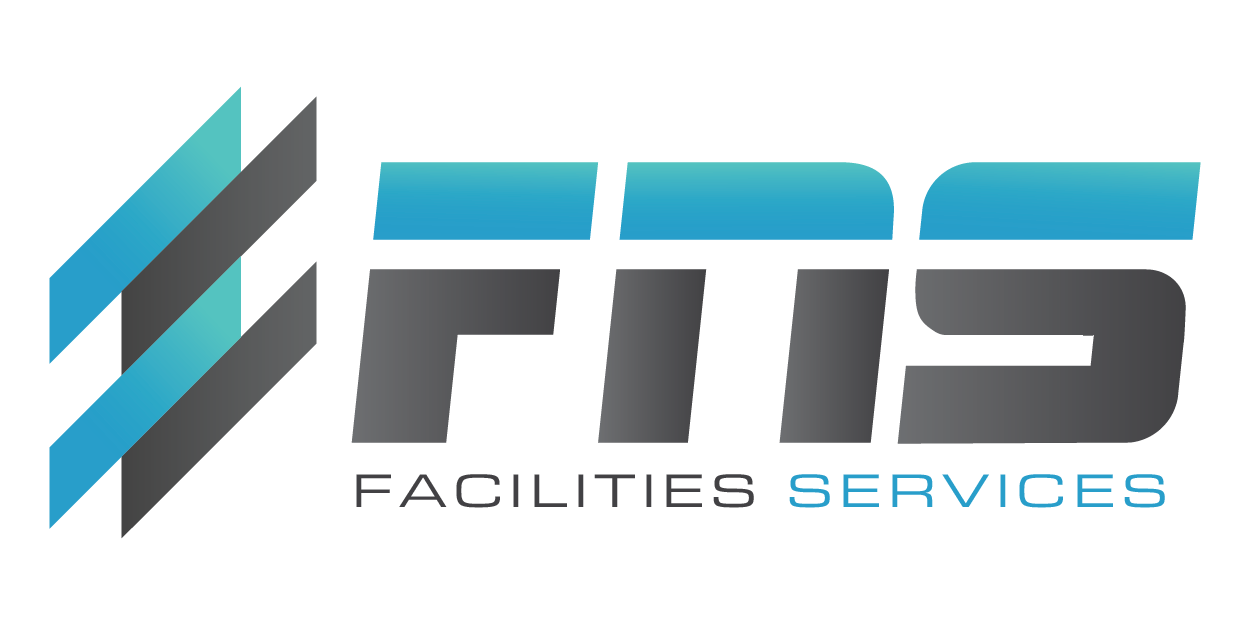In today's fast-paced corporate world, businesses are increasingly recognizing the importance of employee well-being as a vital component of their success. A healthy, engaged, and satisfied workforce is more productive and likely to stay with an organization for the long term. While there are many factors that contribute to employee well-being, one often overlooked aspect is facilities management. In this blog, we will explore the significant role that facilities management plays in promoting the well-being of employees in the workplace.
acilities Management plays a vital role in employee well-being by providing a safe, comfortable, and productive workspace that fosters satisfaction and productivity.
What is Facilities Management?
Facilities management encompasses a wide range of services and responsibilities related to the physical environment of a workplace. It includes maintaining and optimizing the physical space, managing infrastructure, and providing services that support the core activities of an organization. From ensuring the HVAC system is functioning optimally to maintaining a clean and safe environment, facilities management is responsible for the overall comfort and functionality of the workplace.
The Connection Between Facilities Management and Employee Well-being
A Comfortable and Safe Work Environment:
The physical environment in which employees work has a direct impact on their well-being. Facilities management plays a critical role in creating a comfortable and safe workspace. Adequate lighting, temperature control, ergonomic furniture, and well-maintained facilities contribute to employee comfort, reducing stress and discomfort. Ensuring the safety of employees through proper maintenance and security measures also promotes a sense of well-being.
Health and Hygiene:
A clean and hygienic workplace is essential for employee health. Facilities management is responsible for ensuring that workspaces are free from hazards, allergens, and contaminants. Proper sanitation and cleanliness practices not only prevent illnesses but also foster a sense of well-being and confidence among employees.
Efficiency and Productivity:
Well-managed facilities help employees perform their tasks more efficiently. A well-designed and organized workspace can reduce distractions, improve workflow, and enhance productivity. When employees can focus on their work without interruptions or discomfort, they experience less stress and more job satisfaction.
Sustainability Initiatives:
Sustainable facilities management practices not only benefit the environment but also contribute to employee well-being. Initiatives such as energy-efficient lighting, waste reduction, and green spaces promote a healthier and more environmentally conscious workplace. Employees are more likely to feel proud of their organization's commitment to sustainability and well-being.
Amenities and Employee Services:
Facilities management also involves providing amenities and services that can directly impact employee well-being. This may include on-site fitness centers, recreational areas, childcare facilities, or even wellness programs. These offerings help employees balance their work and personal lives and contribute to their overall well-being.
Adaptability and Flexibility:
The modern workplace is evolving, and employees have diverse needs. Facilities management should be adaptable and flexible to cater to the changing requirements of employees. Creating spaces that support remote work, collaboration, and relaxation can enhance well-being by allowing employees to choose their most productive work environment.
Conclusion
Facilities management is not just about maintaining the physical infrastructure of a workplace; it plays a pivotal role in enhancing employee well-being. A well-managed and thoughtful approach to facilities management creates a comfortable, safe, and productive work environment that promotes the physical and mental health of employees. By investing in facilities management, organizations demonstrate their commitment to the well-being of their workforce, resulting in happier, more engaged, and more productive employees. In a world where employee well-being is a key driver of success, facilities management is an indispensable component of the equation.


